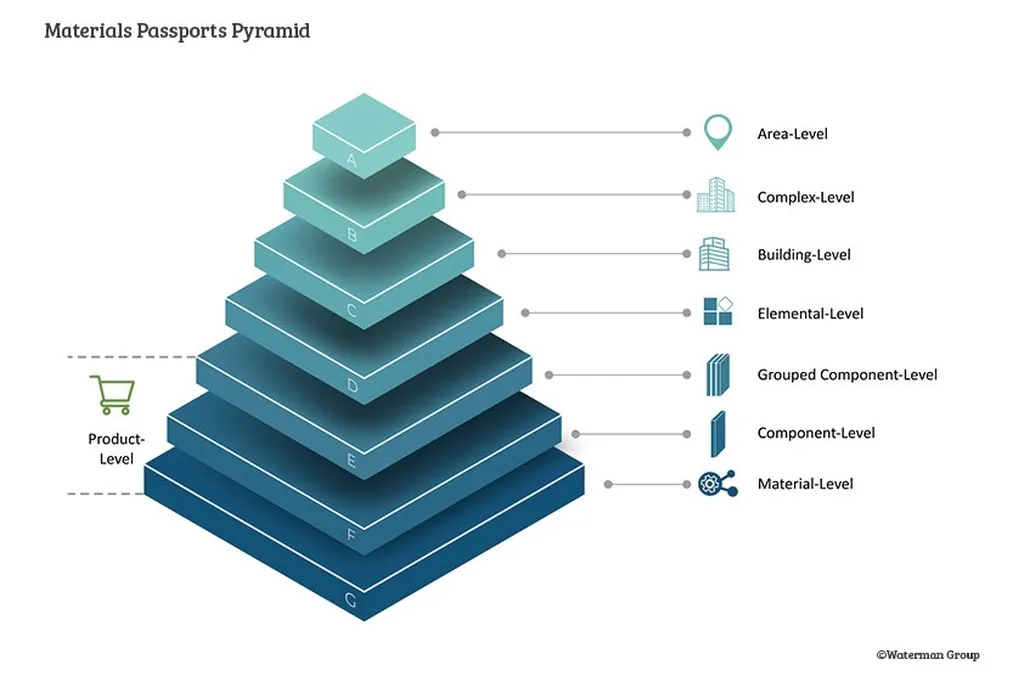In a significant stride towards sustainable road construction, researchers have developed a novel framework that could revolutionize how materials are managed and reused in the industry. The study, led by Helapura Nuwanshi Yasodara Senarathne from the School of Engineering at RMIT University in Melbourne, Australia, introduces a material passport system tailored specifically for road pavements. This innovation is poised to enhance circular economy practices and promote sustainable material management, with far-reaching implications for the energy sector and beyond.
The material passport framework systematically documents detailed data on material composition, environmental impact, lifecycle history, and potential for reuse or recycling. This approach addresses a critical gap in the construction industry: the lack of material traceability and insufficient lifecycle information. “By integrating circular economy principles into road construction, we can significantly reduce environmental impact and promote resource efficiency,” Senarathne explains. “Our framework enables multi-level documentation, reflecting the complexity of pavement systems and facilitating better decision-making throughout the material lifecycle.”
The research, published in the journal Buildings (translated to English as “Buildings”), employed a two-phase method. First, a structured desk review identified relevant attributes, which were then categorized into six key domains. These domains were organized across three hierarchical levels: product, layer, and material. This structured approach allows for comprehensive documentation and tracking of materials, enhancing their potential for reuse and recycling.
The implications for the energy sector are substantial. As the demand for sustainable infrastructure grows, so does the need for efficient material management. The material passport framework can help energy companies involved in road construction to reduce waste, lower costs, and minimize their environmental footprint. “This framework is not just about sustainability; it’s about smart business practices,” Senarathne notes. “By adopting circular economy principles, companies can enhance their competitiveness and contribute to a more sustainable future.”
The study’s findings could shape future developments in the field by promoting resource efficiency, sustainable infrastructure, and responsible material use. As the construction industry continues to evolve, the material passport framework offers a practical tool for achieving these goals. By fostering a more circular approach to road pavement construction, the research paves the way for a more sustainable and efficient future.
In an era where sustainability is paramount, this innovative framework provides a roadmap for the construction industry to embrace circular economy principles. As Helapura Nuwanshi Yasodara Senarathne and her team continue to refine and implement this system, the potential for transformative change in road construction and beyond becomes increasingly evident. The journey towards sustainable infrastructure has taken a significant step forward, and the ripple effects are poised to resonate across multiple sectors, including the energy industry.

